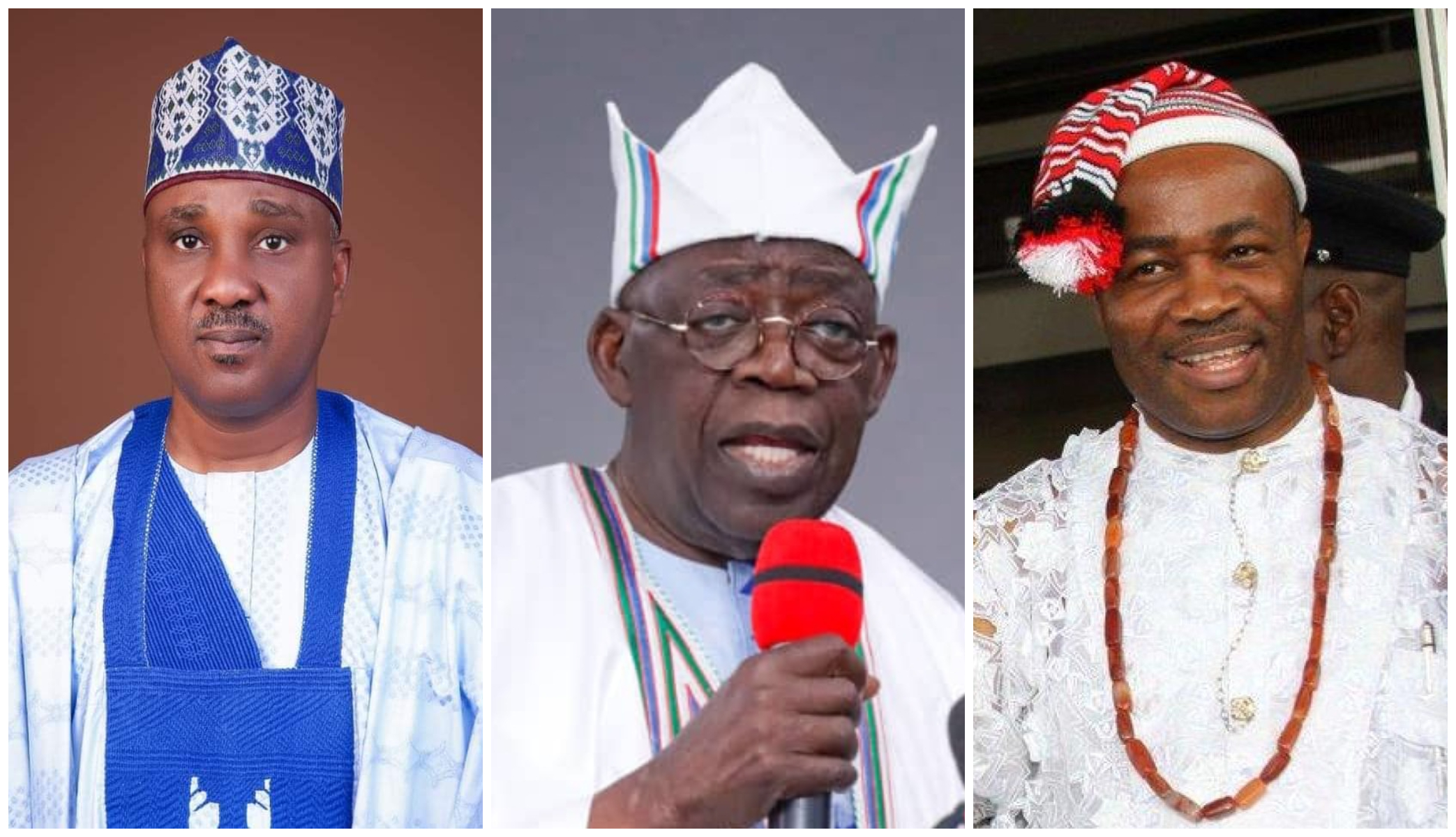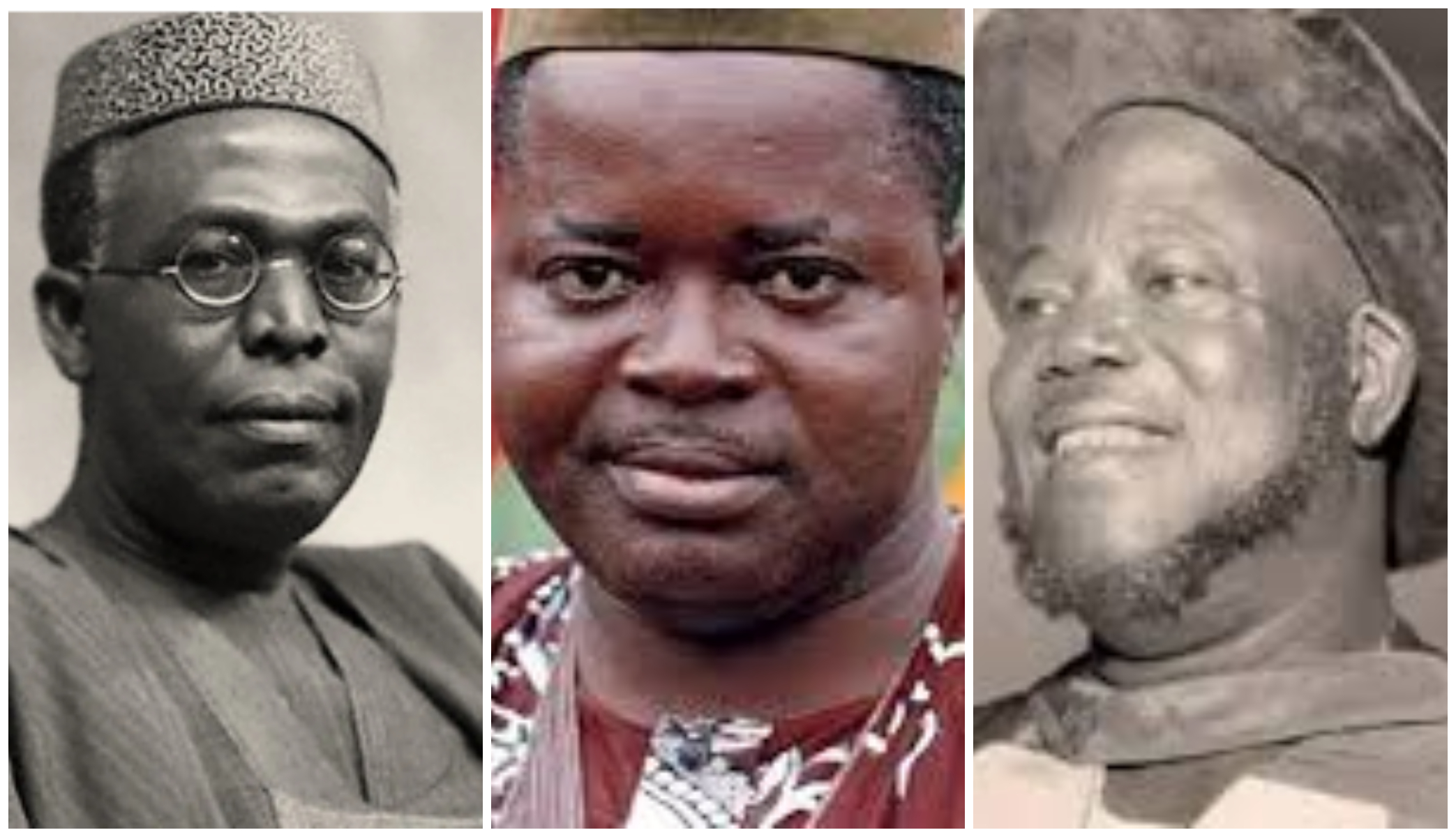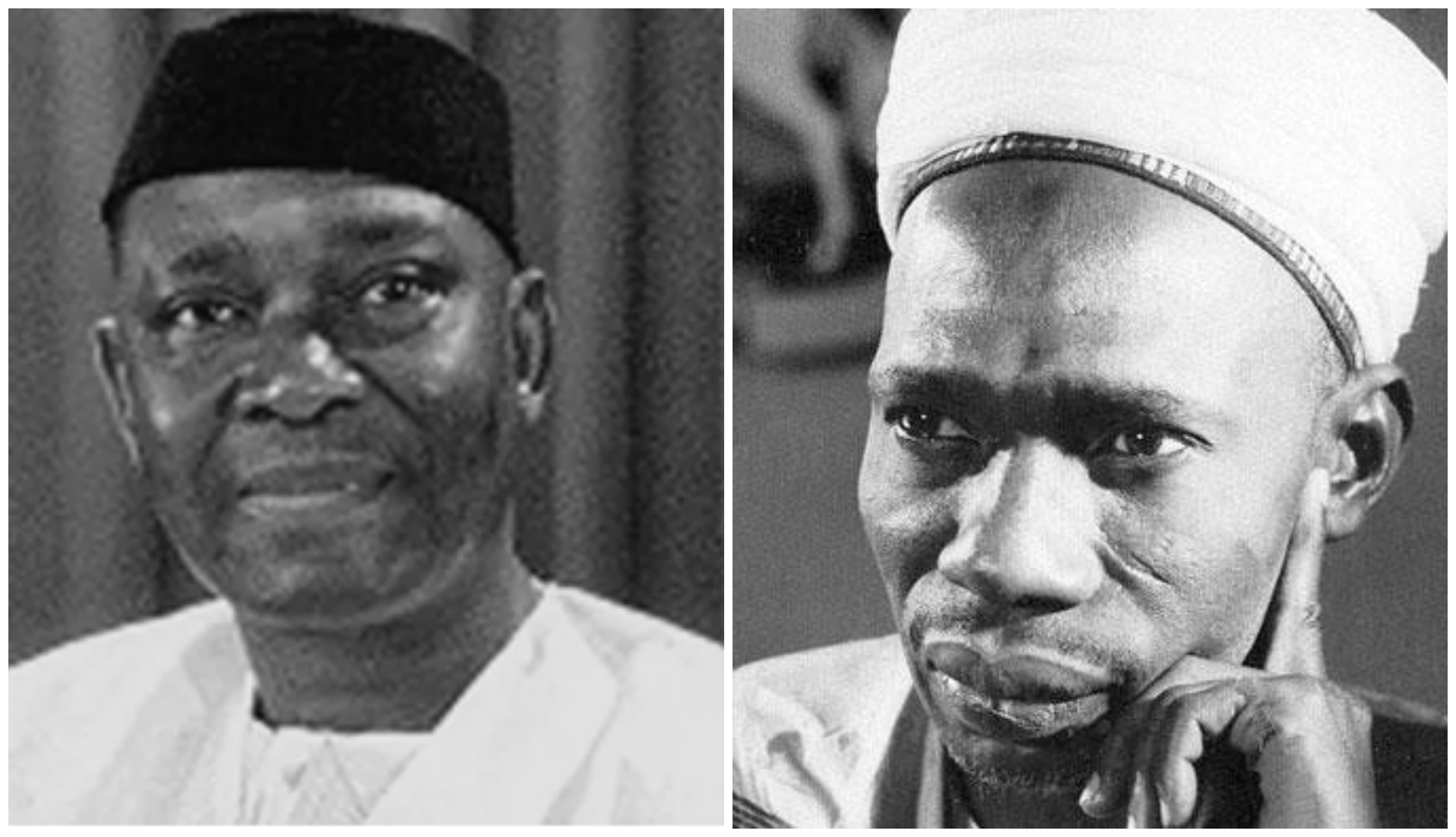What will Nigeria look like with a regional system of government?

Many Nigerians believe a regional system of government offers a solution to some of the problems bedevilling the country.
Talks about Nigeria returning to a regional system of government are back in the news — this time with an air of legitimacy.
When the draft of a bill proposing a re-adoption of regionalism surfaced and went viral on social media two weeks ago, the House of Representatives disowned the document, saying there was no such bill before its committee for deliberation.
The bill, authored by Akin Fapounda, a retired director in the federal civil service, seeks among other things, a new legal framework to be cited as “The Constitution of the Federal Republic of Nigeria New Governance Model for Nigeria Act 2024.”
However, barring a last-minute change, Fapohunda has resolved to forward the document to President Bola Tinubu, who may present it to the National Assembly as an executive bill.
This model of government tends to align with Nigerians’ yearning for restructuring and this is evident in the reactions Fapohunda’s proposal has generated on social media.
Even though the call for a return to regionalism is often politically motivated, many Nigerians believe it offers a solution to some of the problems bedevilling the country.
So, what’s a regional system of government?
A regional system of government is a form of government in which each region is allowed to control the resources in its territory and pay royalties to the central government.
It is the reverse of the current system the country operates in which economic power and control are concentrated in the hands of the Federal Government, which in turn shares revenues with state and local governments.
The regional government concept isn’t completely alien to Nigeria as in the 1950s, the country operated this model comprising a central government and three regional governments in the Western, Eastern, and Northern regions. The Mid-Western region was later carved out of the Western region in 1963.
This model was sustained until 1966, when Nigeria’s first military Head of State, General Aguiyi Ironsi, promulgated the ‘unification decree’ following the killing of national political figures by rebellious soldiers.

The killing marked the first coup in Nigeria and the beginning of military interruptions in the country’s political system.
In a bid to eliminate tribal loyalty and sectional interests encouraged by regionalism, Ironsi introduced a unitary system of government aimed at fostering unity and national cohesion.
Notwithstanding the tribalism entrenched in the model, each of the regions recorded significant developments in different areas as it encouraged healthy competition among the regions governed by the three major tribes: the Yorubas, Hausas, and Igbos.
The development of these regions championed by their political leaders was largely predicated on an agrarian economy.
The Western region under the leadership of Chief Obafemi Awolowo had cocoa as its economic mainstay, while the development of the Northern region supervised by Sir Ahmadu Bello relied on groundnut, cotton, and other agricultural produce.
The economy of the Eastern region under the leadership of Michael Okpara was hinged on the production of palm and cassava while the Mid-Western region had a rubber industry situated in Sapele.

Many Nigerians who experienced regionalism as a system of government believe the country was better off under this arrangement.
In a recent interview with ThisDay, a former national chairman of the All Progressives Grand Alliance (APGA), Senator Victor Umeh, said the system allowed the regions to pursue development aggressively without any problem.
“All these regions were developing at their own pace with the resources available to them. They were contributing royalties to the federal government. You could see that the speed of development was quite high,” he submitted.
The government structure
It is imperative to note that Nigeria practised a hybrid of regional government and parliamentary system of government between 1960 and 1963.
This political setup had Dr Nnamdi Azikiwe as the president who played a ceremonial role and Sir Abubakar Tafawa Balewa as the Prime Minister, who acted as the head of government.
Unlike the presidential system which vests so much power in the hands of the president, the real power in the parliamentary system rests in the hands of the prime minister.
In this political arrangement, members of the executive are also members of parliament and it is the political party with the highest number of seats in the parliament that produces the prime minister and forms the cabinet.

Should Nigeria revert to a regional system of government as practised in the early 1960s, the current arrangement would collapse to accommodate a prime minister and premiers who would act as head of government at the regional level.
And since a parliamentary system allows both unicameral and bicameral legislative setup, the current National Assembly may be retained or modified to align with the new model.
Also, the system may provide proponents of a unilateral lawmaking body with more impetus to drive home their demand.
What will Nigeria look like if the regional government is re-adopted?
The scrapping of regionalism gave birth to systems of government that saw development through the creation of states from the regions.
Currently, Nigeria is partitioned into six main regions namely, South West, South East, South South, North West, North East, and North Central.
Each of the regions has six states except North West and South East which have seven and five states respectively.
Returning to a regional system of government implies that the current regions will take over the control of the resources in their states while the Federal Government receives royalties from them.
It will also imply that the central or federal government will not interfere in the affairs of the regional governments.
Essentially, a return to regionalism will address three fundamental issues on which the clamour for restructuring is often predicated — resource control, security, and energy.
Resource Control: As stated earlier, if the speculation becomes a reality, it is expected to reconfigure Nigeria in a way that the South-South region will have power and control over its oil resources. The same applies to other regions and their mineral resources deposits.
Security: As things stand, the Federal Government has exclusive power over the police force, the Nigerian Army, and other security forces. This arrangement makes things difficult for governors to control troops to fight militants, bandits, kidnappers, terrorists, and cultists in their states.
However, a re-adoption of regionalism will allow each region to tackle insecurity challenges as they deem fit without necessarily requesting the support of the Federal Government.
This means the regions are free to establish regional security outfits, like the Amotekun in the South West.
On the contrary, it does not mean the police force, the army, the navy, and the air force will be thrown out. They will still be under the control of the Federal Government to protect the sovereignty of the country while state security outfits co-exist with them.
Energy: This is one of the banes of Nigeria under the exclusive control of the Federal Government.
Even though the constitution allows both federal and state governments to legislate on energy, it did not grant state governments the power to generate, transmit, and distribute energy until June 2023, when President Tinubu signed the electricity bill, repealing the Electricity and Power Sector Reform Act of 2005.
With this in place, a major problem has been solved for a regional system of government if it ever happens.
Will Tinubu return Nigeria to regionalism?
It is too early to call but the president seems to be preparing the ground for a re-adoption of a system of government many experts have described as the silver bullet to most of the challenges facing the country.
Assenting the electricity bill and a return to the old national anthem, a relic of the regional system suggest the president, who came to power promising true federalism, may return the country to the system political commentators of his generation nostalgically crave.
ridoola.blogspot.com.ng
Comments
Post a Comment